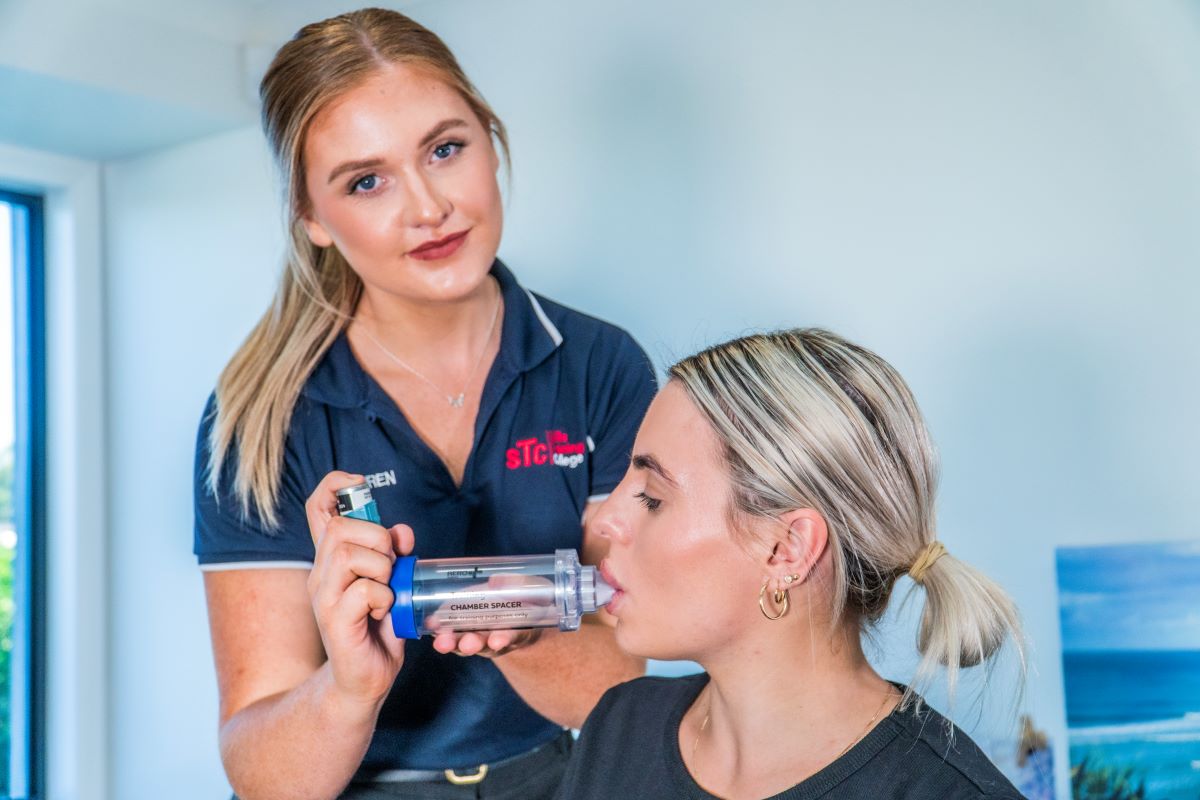Introduction
In the world of emergency situation feedback, couple of skills are as important and impactful as Cardiopulmonary Resuscitation (MOUTH-TO-MOUTH RESUSCITATION). The Most Recent Mouth-to-mouth Resuscitation Standards in Australia: Remaining Upgraded on Ideal Practices is a detailed consider just how individuals can outfit themselves with the understanding and abilities needed to conserve lives. As we explore the intricacies of these guidelines, we will check out various aspects of mouth-to-mouth resuscitation, including its importance, methods for different age, using Automated External Defibrillators (AEDs), and the value of staying present with qualification requirements.
With abrupt cardiac arrests happening unexpectedly and usually tragically, understanding CPR not only improves personal readiness but likewise promotes community resilience. This write-up intends to supply a holistic sight of the most up to date growths in mouth-to-mouth resuscitation methods within Australia while attending to usual questions surrounding this life-saving technique.
Understanding mouth-to-mouth resuscitation: A Lifesaving Technique
What is CPR?
Cardiopulmonary Resuscitation (CPR) is an emergency situation procedure executed when someone experiences heart attack. It involves upper body compressions and, in some cases, rescue breaths to maintain blood flow and oxygenation till specialist clinical help gets here.
The Relevance of CPR in Conserving Lives
CPR substantially raises the opportunities of survival for individuals experiencing cardiac arrest. According to statistics, immediate CPR can double or triple a person's chance of survival. Given that many out-of-hospital heart attacks happen in your home or public spaces, having actually even more people trained in mouth-to-mouth resuscitation can cause greater success rates.
The Most current mouth-to-mouth resuscitation Guidelines in Australia: Staying Updated on Ideal Practices
Key Parts of Effective CPR
Compression Depth and Rate- The recommended compression depth for adults has to do with 5-6 centimeters deep at a rate of 100-120 compressions per minute. Incorrect compression depth can considerably reduce blood flow and effectiveness.
- For adults, concentrate on chest compressions alone if you are untrained or unsure. Trained individuals ought to administer rescue breaths after every 30 compressions.
- AEDs are essential tools that can restore normal heart rhythm throughout a cardiac arrest. Knowing exactly how to use an AED properly is essential for any person doing CPR.
Age-Specific Guidelines for CPR
Adult CPR Techniques
- Focus on top quality upper body compressions.
Child and Baby mouth-to-mouth resuscitation Techniques
- Adjust compression deepness and ratio according to age. Use 2 fingers for infants (under one year) and one hand for kids (ages 1-8).
Special Circumstances Needing Special Approaches
CPR for Sinking Victims- Emphasize rescue breaths earlier than in common circumstances because drowning sufferers usually struggle with hypoxia.
- Understanding particular procedures customized for athletes can be important for prompt intervention.
Household Readiness: Preparing Your Family
Creating a Household Emergency situation Plan
- Discuss emergency procedures with all family members members.
Gathering Vital Equipment
- Keep an emergency treatment kit convenient in addition to an AED if possible.
CPR Certification Demands in Australia
How Lengthy Does a Mouth-to-mouth Resuscitation Certification Last?
Most accreditations call for revival every 3 years; nonetheless, it's always wise to remain updated on a regular basis via neighborhood CPR classes or on-line accreditation options.
Where Can You Get Your Certification?
Numerous companies offer both in-person and online training courses across Australia.
Utilizing Online Resources for Certification
Benefits of Online CPR Certification
- Flexible routines permit individuals to learn at their very own pace.
Reputable Resources for Online Courses
Look for accredited institutions like St John Ambulance or Red Cross Australia supplying detailed on the internet training modules.
Common Mistaken beliefs Regarding CPR
" CPR Constantly Reactivates the Heart": Myth vs Reality
While effective early treatment increases opportunities of survival, it is necessary to understand that not every attempt at resuscitation will be successful.
Statistics Reflecting Australia's Requirement for Preparedness
CPR Success Price Statistics in Australia
Research shows that prompt onlooker intervention can raise survival firstaidpro.com.au prices by approximately 40%.
FAQs
What needs to I do if I witness a person collapse?
Immediately call emergency situation solutions and start executing top quality chest compressions until aid arrives.
How do I recognize if a person needs CPR?
Look for indicators such as unresponsiveness or absence of breathing; if not sure, it's better to start compressions immediately.
Is there a difference between grown-up and child/infant CPR?
Yes! The techniques vary mostly worrying compression deepness and breath ratio; describe age-specific standards accordingly.
Can I perform mouth-to-mouth resuscitation throughout COVID-19?
Current guidelines recommend concentrating exclusively on upper body compressions during pandemics unless you learn otherwise.


How usually ought to I freshen my skills?
It's suggested to revitalize your abilities every twelve month also if your accreditation lasts three years due to possible adjustments in guidelines.
li25/ol6/hr3hr3/##
Conclusion
Staying notified concerning The Latest Mouth-to-mouth Resuscitation Standards in Australia: Remaining Updated on Finest Practices is essential not just for individual safety however additionally for neighborhood welfare. By recognizing correct strategies-- whether using sophisticated resuscitation skills or utilizing an AED appropriately-- people can substantially improve results during emergency situations. Education does not quit with certification; constant technique makes certain readiness when secs count a lot of. Whether you're taking neighborhood courses or going with on the internet sources, make it your mission today-- due to the fact that every secondly could imply conserving a life tomorrow!